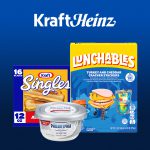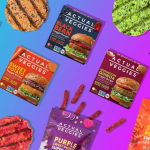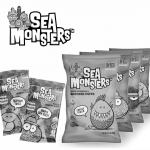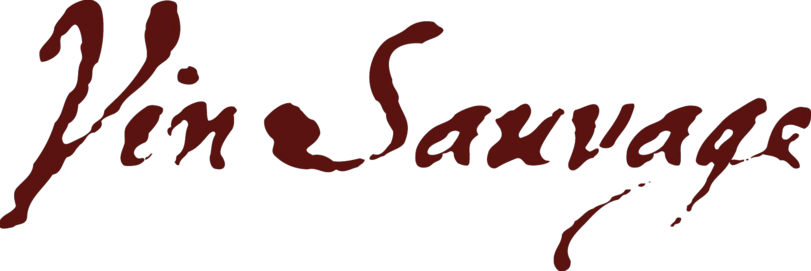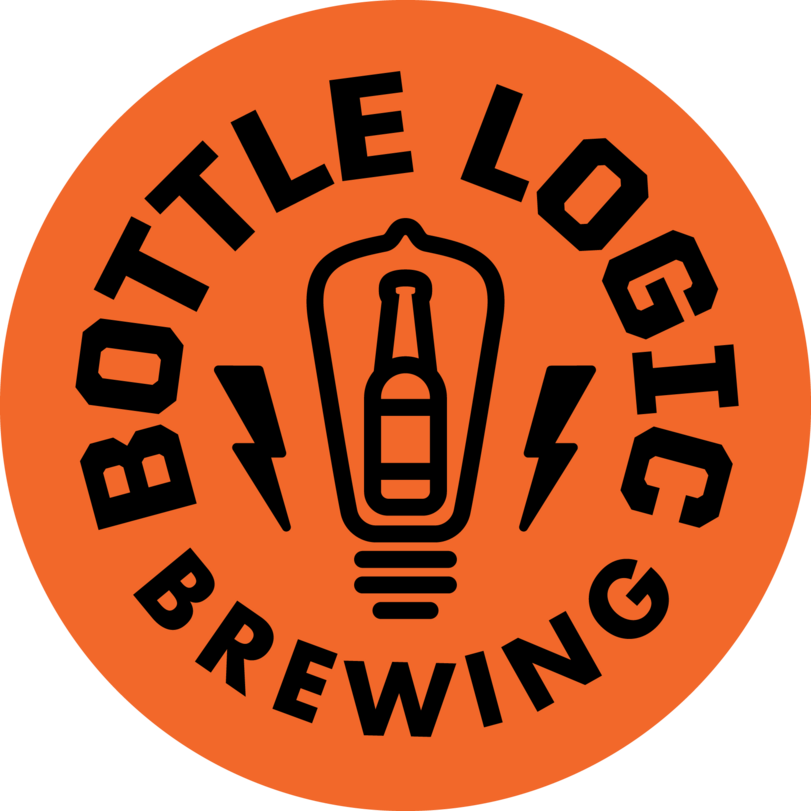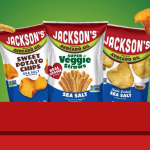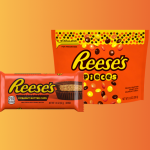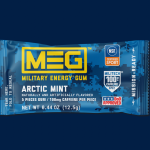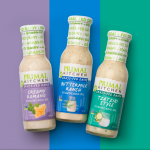Alter Eco Acquired To Keep Mission Strong

After over a decade and a half on U.S. store shelves, fair trade focused snack and chocolate brand Alter Eco has been acquired by strategic equity firm NextWorld Evergreen (NWE). Terms of the deal were not disclosed. Alter Eco co-founders and co-CEOs Edouard Rollet and Mathieu Senard said that they, as well as the company’s 25 employees will remain with the brand and the company’s mission will stay firmly in place.
NWE did not produce the highest offer for the company, according to the co-founders, but the brand’s stakeholders felt the group was the right fit for Alter Eco and its mission. As an evergreen fund whose capital comes through the Carrefour retailing family fortune, NWE has less pressure placed on the fund by investors who want to see a return in a finite period of time. Instead, said David Fife, Partner at NWE, the fund is able to take brands that have the potential to succeed and the right “DNA” and help them build a omnichannel approach to take them to the next stage of their growth.
“We believe that having a partner like NextWorld… gives to the company the most chance that the mission not only survives but thrives,” Rollet said. “The mission can thrive if the product and the company, from an economic standpoint, thrives, but also if the new owner is a steward of the mission as well and doesn’t have the financial pressure to flip the company in five years, for instance, or have short term goals that are often dictated by the current financing structure that you see in the natural food industry.”
Alter Eco has been thriving on its own, with $20 million in sales last year and a compound annual growth rate of +35 percent. The brand’s line of certified Organic, Non-GMO and Fair Trade chocolate bars, chocolate truffles, quinoa and snacks are currently sold in over 10,000 stores across the U.S., including Whole Foods Market, Sprouts, Wegmans, Kroger and Publix, as well as in Canada, Australia and New Zealand. As part of its mission, Alter Eco sources its ingredients from farmer cooperatives around the globe.
The company had been funded by a mix of private equity and venture capital groups and individual investors. In total, Alter Eco has had more than 40 previous investors.
Rollet and Senard told NOSH that the company chose to seek out acquisition both because their previous investors wanted to exit the business, while larger sources of capital were needed to move the company into its next phase of growth. Alter Eco and NWE, the co-founders said, had been in contact for roughly five years but it was only over the last year that Alter Eco began to court and vet possible targets for the deal. This period also allowed the two companies to make sure the match was solid.
“Any time you have a company and an investment firm that have strong cultures and set of value systems, finding out if it’s the right partnership takes some time,” NWE Partner David Fife told NOSH.
NWE was started by members of the family behind the Carrefour chain of grocers and focuses on the branded consumer sector. Other NWE investments include Steven A. Smith Teamaker, Peet’s Coffee and Tea and beauty brand W3LL People.
Rollet and Senard hope that a successful exit for their investors will help prove that impact investing can be both morally fulfilling as well as financially lucrative.
“We want to show that impact investing works and it’s not just philanthropy — that [if] you support companies that do good things [it’s not that] you just throw money at businesses thinking that it’s going to be lost,” Rollet said. “If we are going to change things in this world on a large scale, it needs to start with proving that impact investing can provide a return.”
Alter Eco’s mission has been a key feature of the business since its inception. The company first launched in France in 1998 selling hand-crafted, fair trade artisan items before transitioning to a commodity-focused food brand in 2000. Rollet and Senard, both members of the original French company, created a separate American company in 2003 and landed their first products on shelves in 2005. Since then, the company has become a Public Benefit Corporation (B-Corp).
The move to the U.S was not always easy: In France, Rollet and Senard said, the market is much smaller, most business happens in Paris and there are no distributors — rather, food brands sell directly to retailers. When the brand launched in the U.S. it was with more commodity-priced products. However, after realizing how much more crowded and competitive the market was to get space in American grocers, the company cut back its SKUs, including coffee, tea, hearts of palm and olive oil, and focused on higher-end offerings.
“We had to come to the conclusion that in order for Alter Eco to be successful in the U.S. we had to really focus on one category and then redeploy into other categories,” Senard said. “Rather than being a commodity brand, we’d like to create value added products.”
The focus on the brand, its consumers, and the marketplace is ongoing. Every six years, the Co-CEOs said, Alter Eco does an analysis to refine its business strategy. Having just completed one recently, the company will launch a new look in 2018 and further focus its portfolio on chocolate, snacks and quinoa. As part of this new strategy, the brand created a new line of chocolate coconut clusters. Rolling out in retailers into the first quarter of 2018, the new strategy focuses on “enlightened indulgence,” Rollet said.
For NWE, the plan is to use Alter Eco’s already developed pipeline for 2018 and during that window, work with the team on future strategy, Fife told NOSH. Part of this strategy will be how to grow from its current size.
“I really feel strongly that when a new owner comes into a business the first thing you’ve got to do is listen and absorb and understand the dynamics and understand where the opportunities are and where the friction might be and then move forward,” Fife told NOSH. “I think Alter Eco is exactly at that inflection point where it’s time for them to start thinking in terms of ‘how do I become a $100 million brand.”
